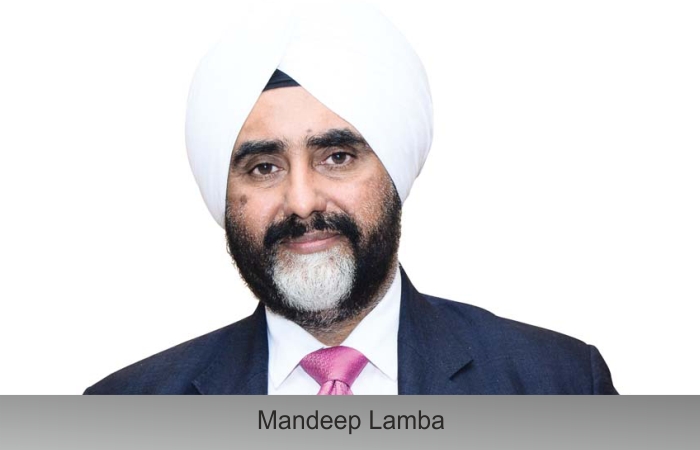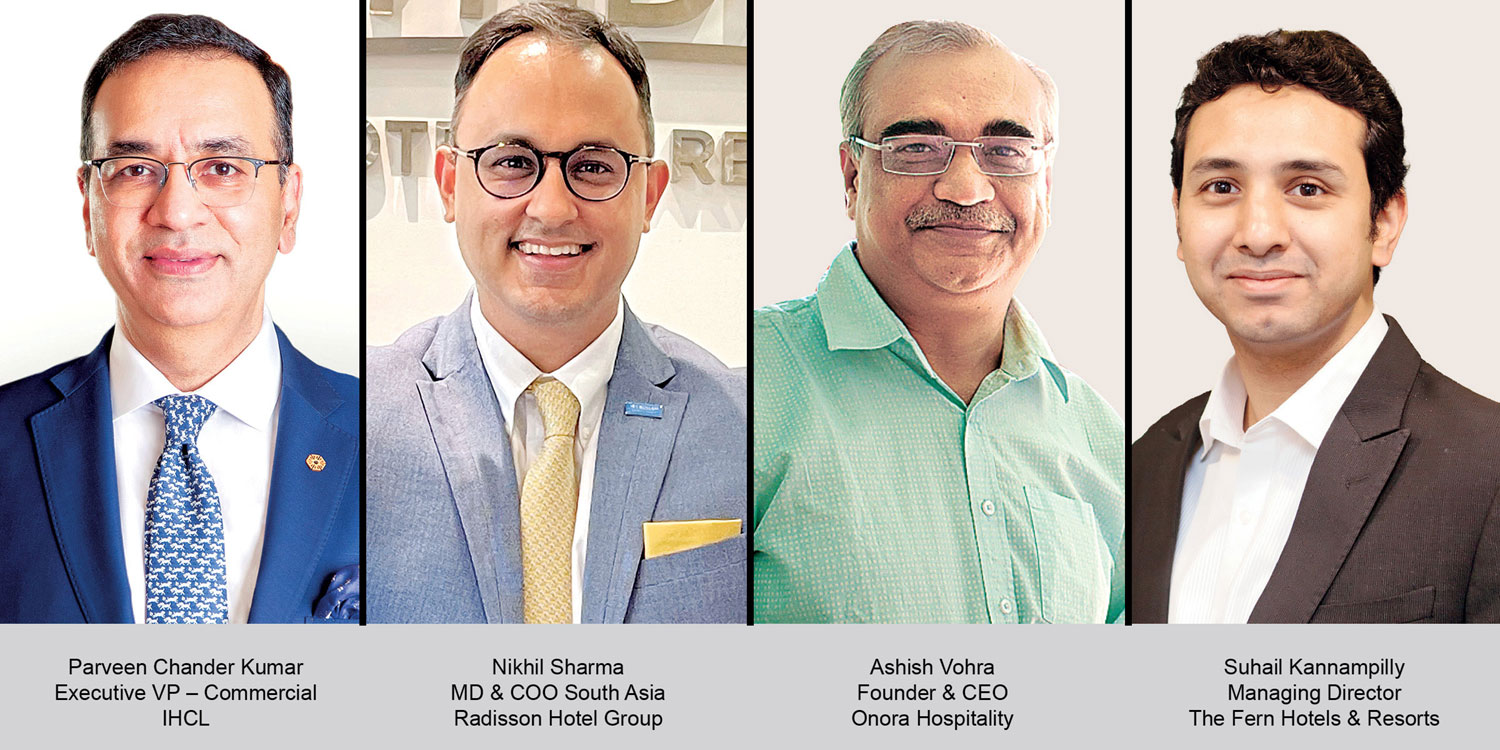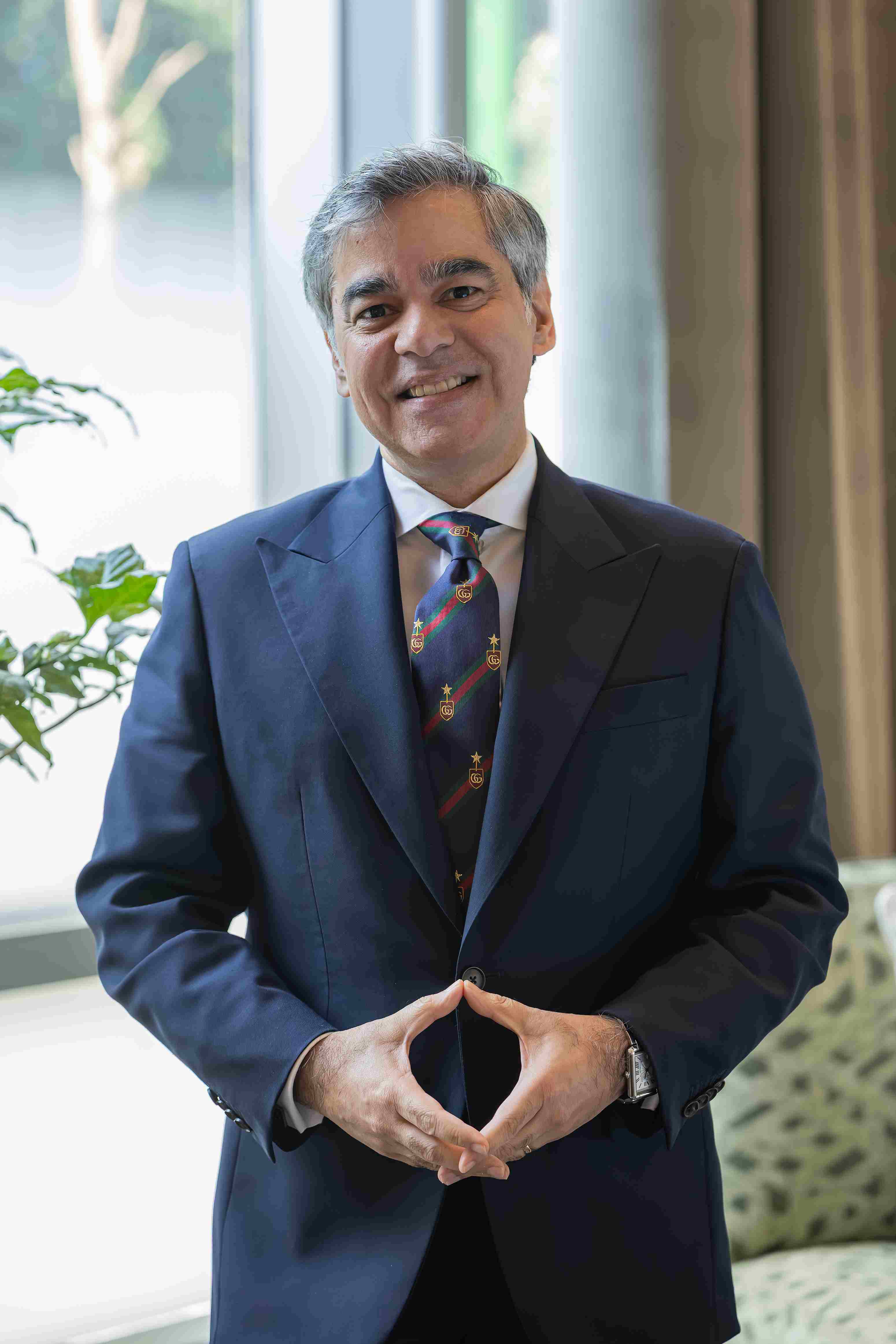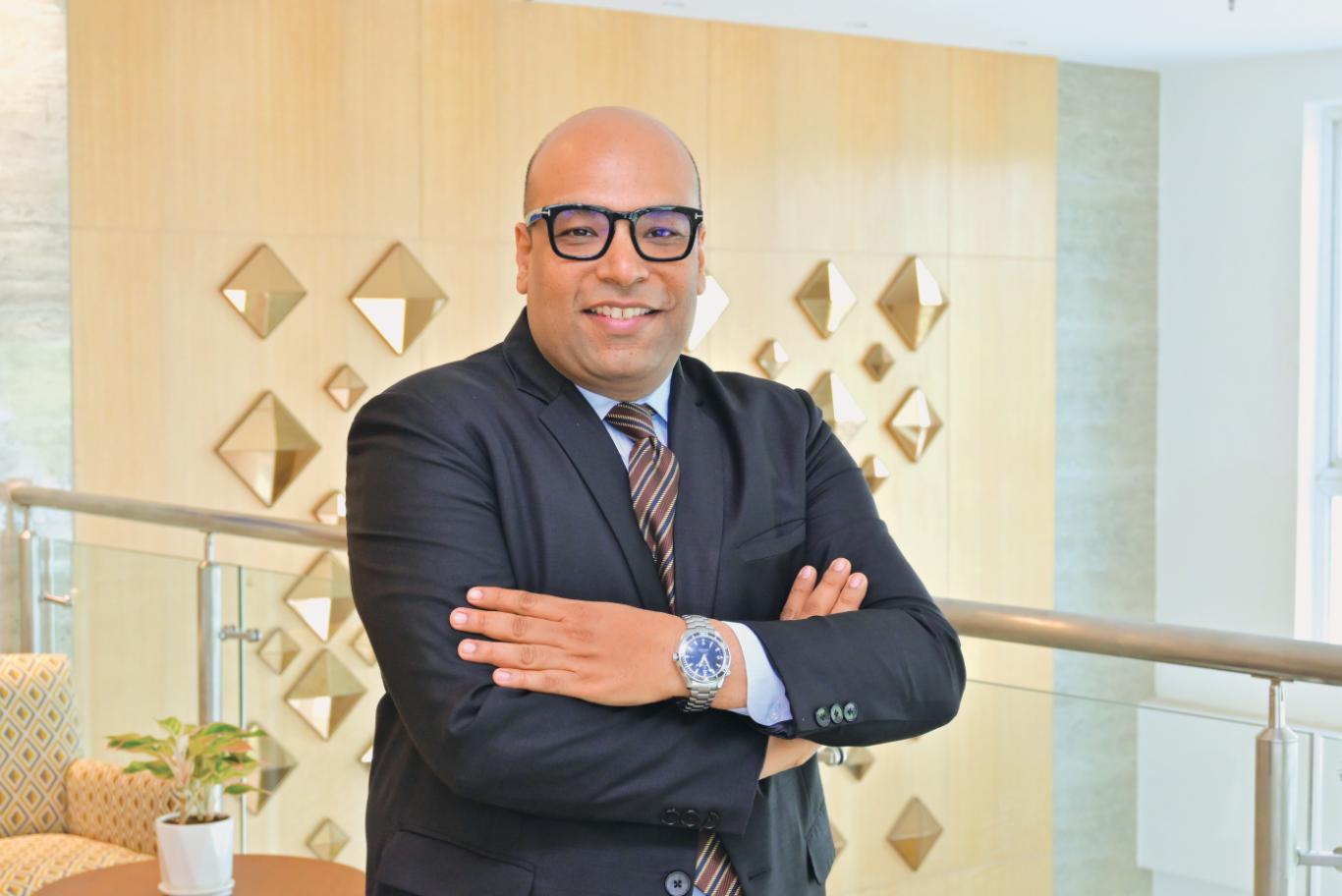Mandeep S Lamba, President (South Asia), HVS ANAROCK, says that the Delhi government’s move to attach hotels to hospitals as medical facilities in the Delhi-NCR region was uncalled for. He points out that the lack of industry involvement in the decision and unmindful planning would further affect the struggling hospitality sector.
Nisha Verma
Several hotels in the Delhi-NCR region have been attached by the government to private hospitals in order to make infrastructure readily available to fight the fast-spreading COVID-19 virus. The news has naturally led to questions being raised with regard to the business prospects of these star hotels and how getting converted to medical facilities would influence/change the course of business for the hotels in terms of operations, maintenance and image. Sharing his view on the matter, Mandeep Lamba says, “The move of the Delhi government to take over hotels and convert them into extensions of hospitals is a misplaced one, and done without any prior discussion with the stakeholders involved. Neither hotels nor the staff working in these hotels are geared in any way to deal with this sudden conversion, which goes much beyond the ‘quarantine facility’ that hotels were so far being used for. Even though the sector has extended complete support in every manner during these trying times despite severe monetary losses, this requisitioning of hotels for use as hospitals has led to widespread dismay in the industry.”
Lamba feels that this doesn’t seem to be a well-thought-out plan, and that hotels should have had equal representation and opinion in the matter. “The forced conversion of leading hotels into COVID hospital extensions is spreading further panic in the beleaguered hospitality sector. The move to use hotels, if at all, should have been done in consultation with the sector’s representative bodies and with a fully agreed and thought-through plan on how the facility would be put to use along with staffing of the same through qualified health workers and not regular hotel staff who may, out of fear, choose not to report on duty. The government should have, through dialogue, requested for one hotel and worked on the plan to make it function as a hospital extension, understanding fully the challenges that would be faced and whether these could be adequately addressed before issuing the order to attach hotels under the Disaster Management Act,” he asserts.
No consideration for staff and cost
According to Lamba, no intimation or agreement was initiated with hotels before taking such a drastic step and “without necessary paperwork and agreements in place, how will hotels handle liability issues should any patient die in the hotel regretfully or if any of their staff members contract the disease?” He questions how these very hotels will get compensated for the many changes that may need to be done to facilitate treatment or related medical infrastructure?
Lamba says, “How will these hotels deal with the loss of business that is likely to take place once they revert back to normal operations and customers are reluctant to use them for fear of infection, since they were being used as hospitals and the perceived stigma attached to the same? How will these hotels bring back their lost staff who have left due to fear? How have the commercial arrangements been decided without understanding the nature of hotels’ operating costs and without any minimum guarantee being paid to hotels even though the entire hotel has been requisitioned by the government? While hotels continue to provide support across the country for quarantine facilities without even recovering their costs for the services being rendered, there are no simple or comforting answers to the questions raised above and it is really disappointing that our sector is being treated in this manner, without any participative and meaningful consultation.”
 TravTalk India Online Magazine
TravTalk India Online Magazine





